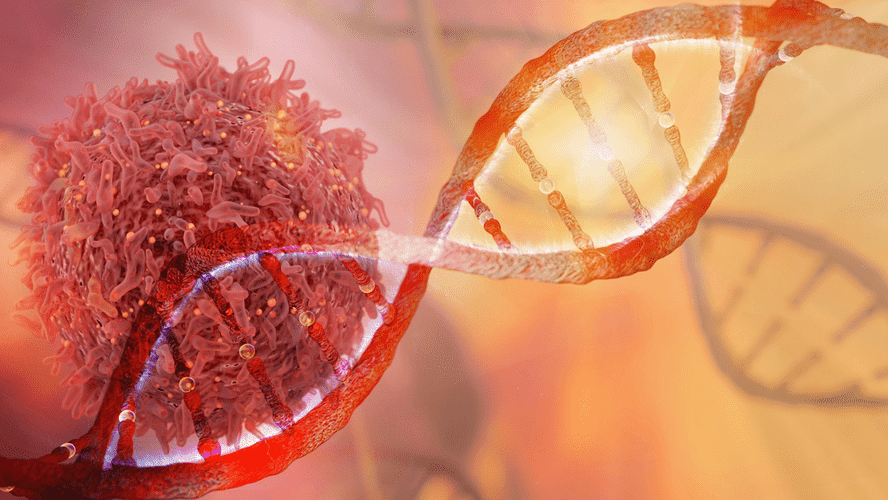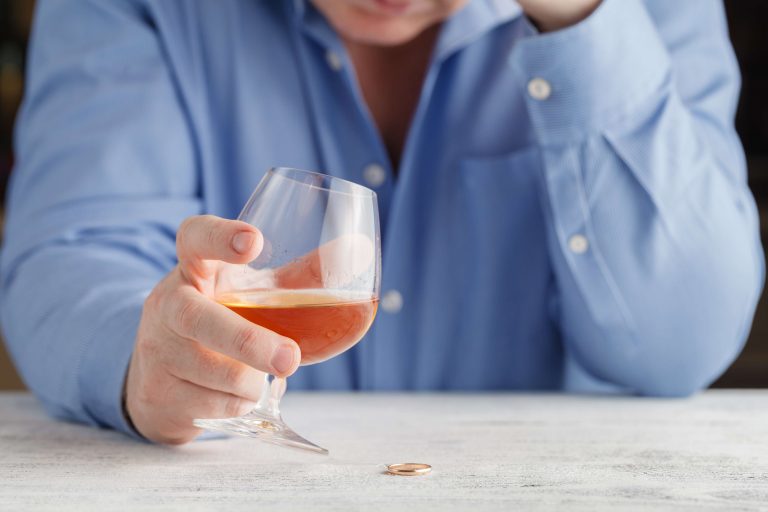Accreditation for sober living homes is somewhat of a new concept, but now that more sober living homes are being established, more organizations are creating accreditation programs for these types of recovery residences. Project NORTH is a $6 million dollar grant from the Department of Justice that was awarded to the Trial Court to expand what is alcoholism access to behavioral health treatment for court users across the Commonwealth. Project NORTH provides voluntary court-based Recovery Support Navigation, short-term transportation assistance to relevant services, and short-term assistance with rent in a certified and participating sober house for eligible individuals. These services are available to court users and their families in Barnstable, Boston, Brockton, Chelsea, Fall River, Haverhill, Lawrence, Lowell, Lynn, New Bedford, Pittsfield, Quincy, Springfield, Taunton, and Worcester. „Having an affordable place to live and available supportive services are critically important for people who are trying to overcome substance misuse,“ said MassHousing Executive Director Chrystal Kornegay.
Sober Living in Austin, TX: Your Guide to Trustworthy Recovery Options
The VSL and Vanderburgh House ™ brands are used with permission by VSL Chartered Operators. Before https://ecosoberhouse.com/ MASH will certify your sober home, your property must pass a detailed on-site inspection. The inspection verifies that your home complies with MASH standards for safety, governance, peer support, and resident rights.
- Self Esteem Boston Educational Institute, Boston/Lynn/Springfield, $30,500Grant funds will support delivery of Statewide Women’s Self Esteem Life Skill Development Programs with expanded online aftercare support for women and families.
- In 2023, the significance of the Massachusetts NARR affiliate has grown due to increasing demand for structured sober living environments amid the ongoing opioid crisis.
- Massachusetts Alliance for Sober Housing (MASH) serves as the primary agency for accountability of all certified homes in Massachusetts.
- Maintaining compliance is critical to ensuring the safety and success of both the sober house and its residents.
What makes it an oxford house?
Self Esteem Boston Educational Institute, Boston/Lynn/Springfield, $30,500Grant funding will support job readiness and goal setting education and training for women with online aftercare support. Mental Health Association, Springfield, $22,850Grant funding will help fund an in-house recovery specialist for nights and weekends at an affordable sober home for eight men in Springfield. GAAMHA, Gardner, $75,000MassHousing grant funds will help acquire and rehabilitate a four-bedroom sober home for eight residents in Gardner. Victory Programs, Inc., Boston, $25,000Grant funds will be used for startup costs for the Victory Connector, a new program to provide services for individuals at Massachusetts Avenue and Melnea Cass Boulevard in Boston. Read more about the National Alliance for Recovery Residences (NARR), including its history, standards, and impact on recovery housing nationwide.
Unlock nonprofit financial insights that will help you make more informed decisions.
Association For Sober Living offers a range of services to support individuals struggling with substance use disorder, alcoholism, etc.. These services may include detoxification, individual therapy, group therapy, family therapy, medication-assisted treatment, and aftercare planning. Accreditation for mash certified sober homes sober homes ensures that the facility meets certain health standards and adheres to an established code of ethics. In this blog, we’ll provide more details to help you understand what sober living homes are, how and why they are accredited, and what to look for in a sober living home.
How to Certify a Sober House in Massachusetts with MASH
MASH certification is crucial for operating a reputable and successful sober house in Massachusetts. It opens the door to state agency referrals, builds your credibility in the recovery community, and ensures you provide residents with a safe, supportive living environment. The National Alliance for Recovery Residences (NARR) is a nonprofit organization that promotes quality standards for recovery housing across the United States. Its affiliates, such as MASH in Massachusetts, are responsible for certifying recovery residences to ensure they meet national standards of safety, support, and accountability. Accreditation requirements like staff training and regular inspections ensure that operators of sober living homes are adhering to the national standards set forth by the NARR or other organizations. The city is within striking distance of Gillette Stadium and remains a fun place for sports lovers.























